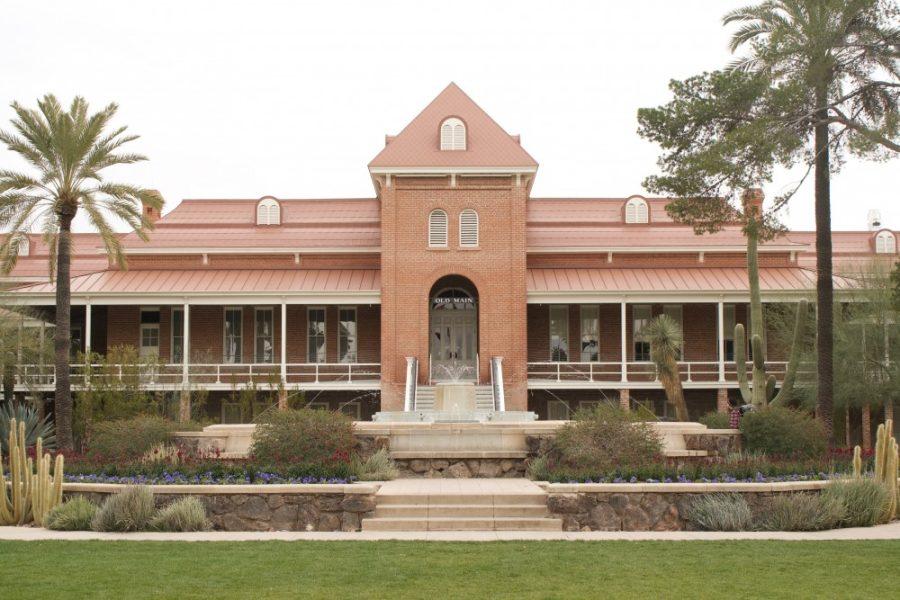This past fall, the College of Optical Sciences received a $20 million endowment from its founding director and former dean, James C. Wyant. This endowment will be used to create more faculty positions and will be paid out over the next five years. The Daily Wildcat was able to ask Dr. Wyant about his reason for the donation and other questions about his work and optical sciences.
RELATED: Q&A: UA music professor takes the stage for piano recital
Daily Wildcat: Why did you give this donation?
James Wyant: The University of Arizona and the College of Optical Sciences have been very nice to me, and I feel I owe the University a lot. I made my money in optics, and therefore I think I should try to help the world of optics. In 2013, I donated $10 million to Optical Sciences for graduate student scholarships. I also had a matching program at that time, and with the help of approximately 250 other people who donated money for the scholarships, we ended up with 30 graduate student scholarships, where each scholarship is endowed to at least the $500K level. Now the optics field is growing rapidly, and while I think we have the best optics program in the world, we cannot relax. I feel our program should be larger, and I want to help our program grow, so I gifted $20 million for new endowed professorships. I made it a matching program, so hopefully others will donate money, and we should end up with at least 13 new professorships, where each is endowed to at least the $2 million level. However, this is only a start for the growth I think we need, and hopefully many others will help us grow the program even more.
DW: How do you hope this affects the study of optical sciences at the UA?
JW: This will make our program larger and better. We will be able to have more students, do more research, file more patents that can be licensed by more companies and hopefully produce more spin-off companies. This should help grow the optics industry in Tucson, in all of Arizona, and hopefully help a little throughout the world.
DW: How did you first start in the field of optical sciences?
JW: I was an undergraduate physics student, and after my junior year, I got a summer job working in industry, and it just happened to be in the field of optics. Then, at the beginning of my senior year, I saw a hologram, and I felt the holograms were so great, and I wanted to learn more about them, so I went to graduate school to learn more about optics. I was so lucky to discover the field of optics and photonics.
DW: Where do you see the field going?
JW: The field of optics and photonics is growing at a tremendous rate. Optics is getting into everything. I spent last week in San Francisco at a meeting called [SPIE] Photonics West, and it is clear that the future of optics and photonics is going to continue growing at a very fast pace. There are so many opportunities for our graduates.
RELATED: Newly apointed UA iSchool Director shares what the role entails
DW: How many years have you been with the University of Arizona, and what have been your favorite moments?
JW: I joined the faculty in August 1974. It has been a fantastic amount of fun, and it is hard to come up with a single favorite moment. Being a professor and teaching students and doing research is wonderful. Being a director of the Optical Sciences Center and helping the center grow enough to become a college and then becoming the founding dean of the college was a lot of fun. Perhaps the most fun has been starting and growing companies. I still jump out of bed in the morning eager to do things.
DW: Are there any technical steps, when someone is donating such a large sum of money, that would help me understand and explain the process?
JW: The biggest problem is of course making the money so you can donate it. Once you make the money, you have so many people trying to help you give the money away. I think you have to make a plan for what you are going to do with the money, and you have to execute the plan, being careful not to be sidetracked to do other things with the money. Most of the other ideas people have for the money are good ideas, but they do not fit into my plan.
Follow Vinamra Kumar on Twitter









